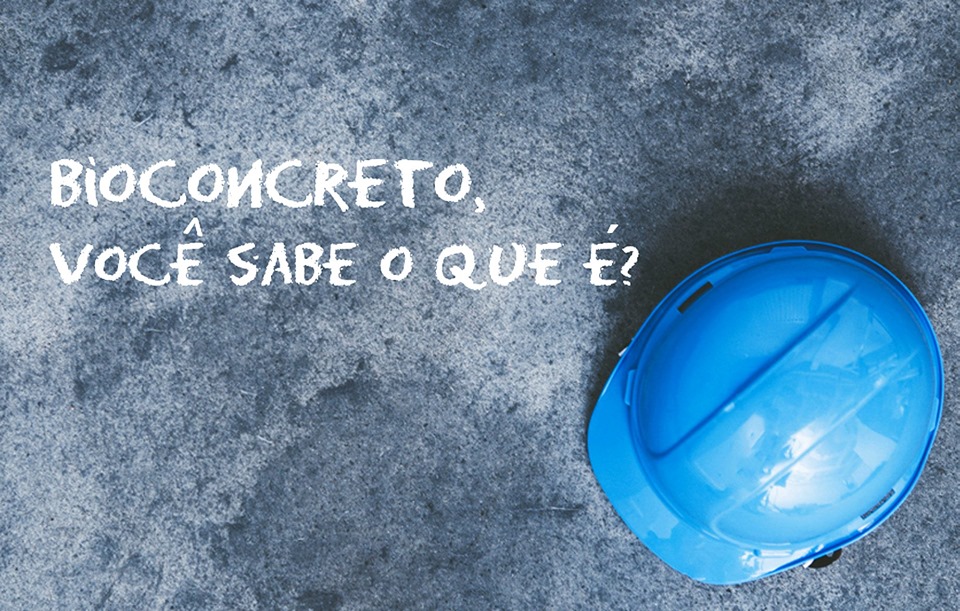Did you know that several demolition inputs can be reused in a work? ceramics, woods and metals turned into rubble have usefulness in new sustainable architectural projects.
According to the Green Building Council Brazil – CBC, Brazil is the fourth country with more works certified for sustainability. This theme no longer trend and become the rule in some buildings because, nowadays, the most valued projects follow this line to save the environment, in addition to providing better quality of life to people. And it becomes more remarkable when clients request practical solutions and environmental responsibility.
The technology provided many sustainable solutions to the market: lamps and ecological woods, recycled materials based coatings, Intelligent lighting with occupancy sensors, among others.
Check out some eco-efficient solutions available:
Adapting to climate conditions:
Adapt the building according to the local climate through a proper solar orientation, directing the project for a better use of natural resources, as ventilation and lighting;
Water Efficiency:
Reducing water consumption through reuse systems, as the use of rainwater and sewage volume attenuation;
Energy efficiency:
The photovoltaic module is responsible for the capture sunlight and its direct conversion into electricity through the photovoltaic cells of which consists. With an enduring system and simple maintenance, the electric bill is reduced by the local utility;
Sustainable Landscaping:
Designing vertical gardens and green roofs work with the thermal comfort and the environment;
Rental containers:
The houses containers give a noble destination cargo compartments that would be discarded. They require only acoustic term treatment walls, thermal tiles or green roof. They are fixed in shallow foundations, with rapid implementation and the possibility of mobility.
To promote environmental education to all involved in the process, contribute to employees to use properly such improvements to the building.
Think about it!
Márcio Estefano, Prof. PhD
lidiane Bazaglia




